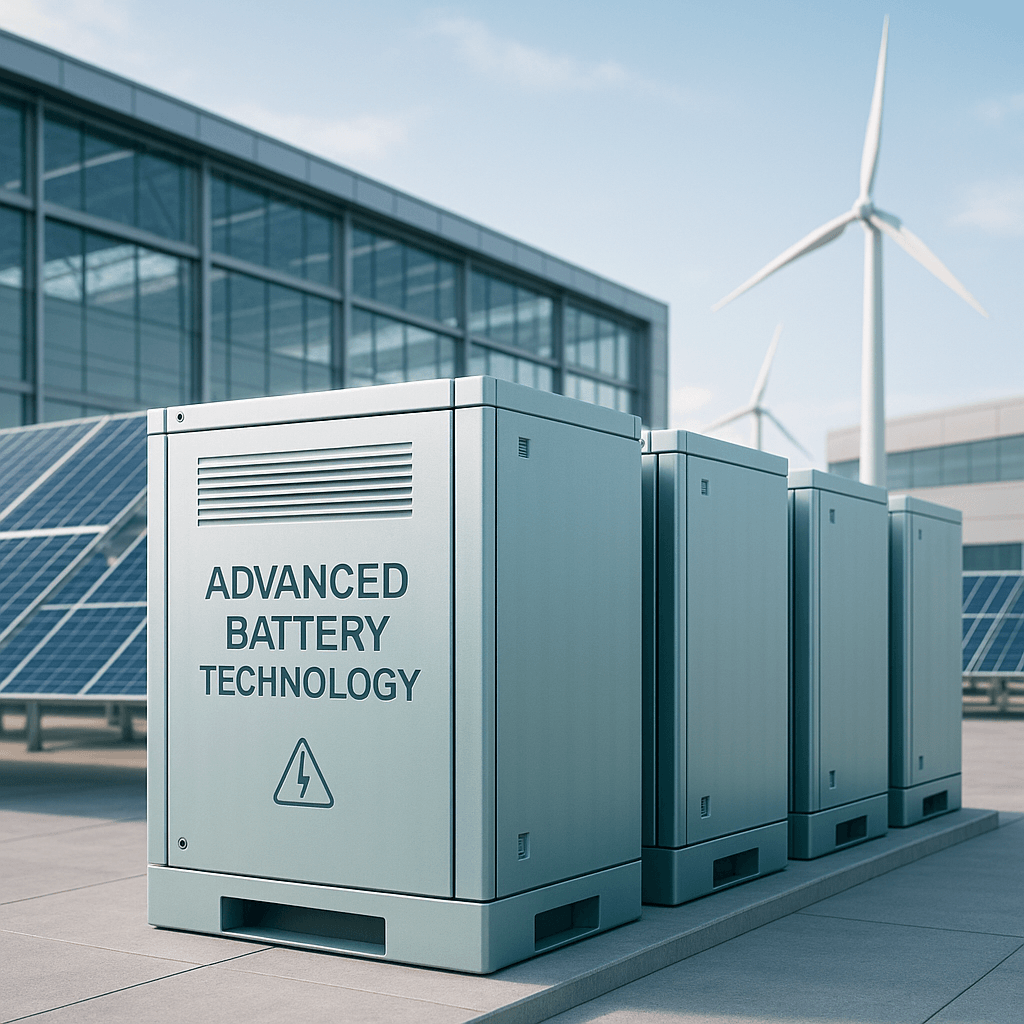India's Offgrid Energy Labs just raised $15 million to prove that lithium doesn't have to dominate the battery storage market. The deep-tech startup's proprietary zinc-bromine technology promises to deliver 80-90% of lithium's efficiency at significantly lower costs, potentially reshaping how industries approach renewable energy storage as global demand skyrockets.
Offgrid Energy Labs is making a calculated bet that the battery industry's lithium obsession has created a massive opening. The seven-year-old startup, which emerged from IIT Kanpur's incubation center, just closed a $15 million Series A round to prove its zinc-bromine battery technology can deliver what lithium can't: reliable, cost-effective energy storage without the supply chain nightmares. The round was led by Archean Chemicals, a Chennai-based specialty chemicals manufacturer that now holds a 21% stake, with participation from Ankur Capital. The startup is valued at approximately $58 million post-money. What makes this funding particularly strategic is Archean's deep expertise in bromine manufacturing and supply chain management - exactly what Offgrid needs to scale its ZincGel technology. "Not only should we be addressing a gap in the market from an application standpoint, but we should also make it financially viable," CEO Tejas Kusurkar told TechCrunch. The timing couldn't be better. India aims to increase its non-fossil energy capacity from 50 gigawatts to 500 gigawatts by 2030, while targeting 236 gigawatt-hours of battery storage capacity by 2031-32. New Delhi announced a ₹54 billion ($612 million) funding plan in June to develop 30 gigawatt-hour battery storage systems. Yet like most global markets, India faces a critical bottleneck: China's stranglehold on lithium supply chains. Offgrid's ZincGel technology sidesteps this entirely. The proprietary zinc-bromine system uses widely available materials and a water-based electrolyte that virtually eliminates fire risk. More importantly, it delivers 80-90% of lithium's energy efficiency while lasting twice as long and handling 6-12 hour discharge cycles repeatedly. "Ultimately, customers care about the same performance, better price, or better performance, same price," co-founder Rishi Srivastava explained to TechCrunch. The technology isn't entirely novel - already offers zinc-bromine batteries. But Offgrid's patent portfolio of over 25 IP families and 50+ assets across major markets creates significant cost advantages. The batteries eliminate much of the graphite requirement, further reducing production expenses. Corporate interest is already materializing. , which invested during Offgrid's seed round through its venture arm, and Tata Power are running pilot tests. The startup is also in discussions with Europe's Enel Group about customized applications. This early validation matters because stationary storage represents a fundamentally different market than electric vehicles. While lithium excels in mobility applications, stationary storage demands safety, longevity, and cost-effectiveness over energy density. The $15 million will fund a 10-megawatt-hour demonstration facility in the UK, expected to be operational by Q1 2026. The choice of location reflects Europe's established battery manufacturing ecosystem and the presence of co-founders Kusurkar and Brindan Tulachan in the region. Notably, this facility will have a 50% lower carbon footprint than typical lithium gigafactories, thanks to simplified manufacturing processes that reduce both capital and operational expenses. Commercialization begins shortly after the UK facility comes online, with a full-scale gigafactory planned for India. The startup has spent six years developing its technology from a tinkering lab in Noida, securing patents across the US, UK, India, China, Australia, and Japan. ZincGel's adaptability gives Offgrid another edge. The batteries can operate at temperatures as low as minus 10 degrees Celsius and be optimized for specific applications - from peak shifting to off-grid solutions. This flexibility could prove crucial as industries with net-zero commitments seek to maximize renewable energy integration.












